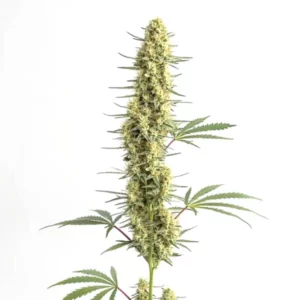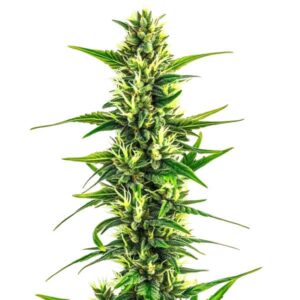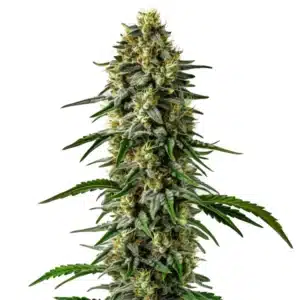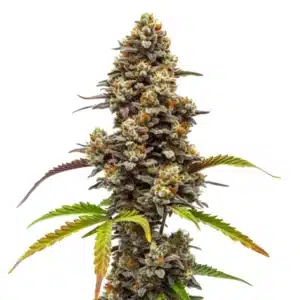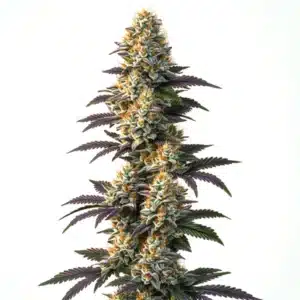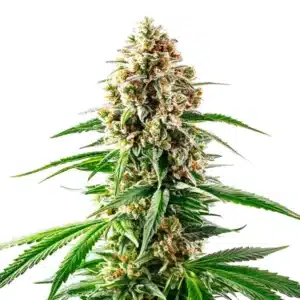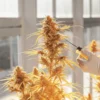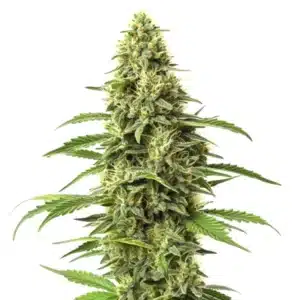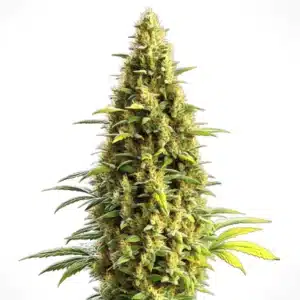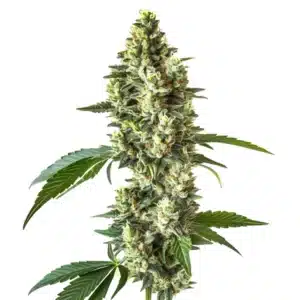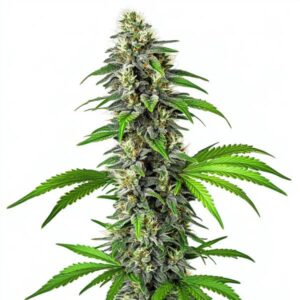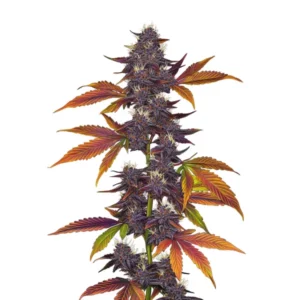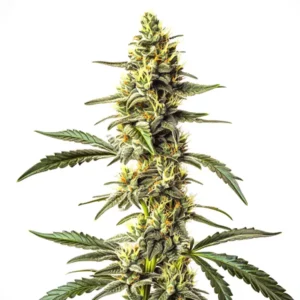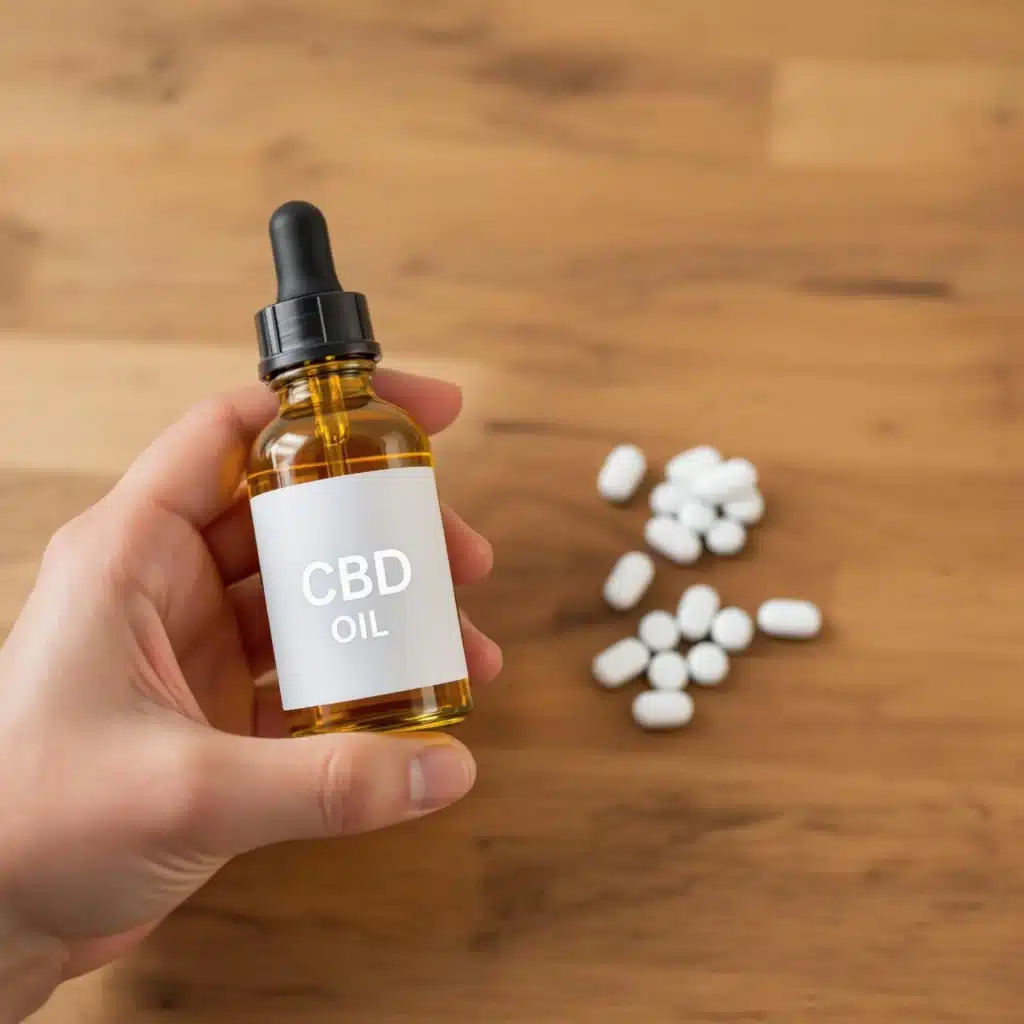
Can I Take CBD While on Antibiotics?
The growing popularity of CBD has left many users wondering how it interacts with medications, especially antibiotics. If you’re using CBD for wellness, it’s essential to know if combining it with antibiotics is safe or if it could lead to complications. Let’s dive into the facts you need to make informed decisions.
What Is CBD and How Does It Work?
Understanding CBD
CBD, or cannabidiol, is a natural compound found in cannabis plants. Unlike THC, it doesn’t make you feel high. Instead, it’s praised for its potential health benefits, including reducing anxiety, easing pain, and promoting better sleep. CBD is available in various forms, such as oils, tinctures, gummies, and topical creams, making it versatile for users.
Recommended Strains
Auto CBD Amnesia
|
|
CBD | 10% – 12% (Medium) |
|
|
Type | CBD Autoflowering |
|
|
Yield | Medium |
|
|
Phenotype | 50% Indica / 50% Sativa |
Auto CBD Pineapple
|
|
CBD | 10% – 12% (Medium) |
|
|
Type | CBD Autoflowering |
|
|
Yield | Low |
|
|
Phenotype | 50% Indica / 50% Sativa |
How CBD Interacts with the Body
CBD works by interacting with the endocannabinoid system (ECS), a network of receptors and enzymes that help regulate functions like mood, sleep, and immune response. It binds to receptors in the ECS and can also influence serotonin and dopamine levels, which are critical for mood regulation. Additionally, CBD can affect other pathways in the body, including those involved in processing medications through the liver.
Promos & Deals
How Do Antibiotics Work?
The Role of Antibiotics
Antibiotics are medications designed to kill or slow the growth of bacteria. They are prescribed to treat bacterial infections like strep throat, urinary tract infections, and pneumonia. These drugs are essential for combating bacterial illnesses that the body’s immune system may struggle to eliminate on its own.
How the Body Processes Antibiotics
Antibiotics are broken down by the liver using a group of enzymes called cytochrome P450 (CYP450). These enzymes ensure the medication is metabolized efficiently, allowing it to fight infection effectively. Some antibiotics also require additional processes in the kidneys to be excreted from the body. Proper metabolism ensures antibiotics work at their optimal level without lingering in the system too long.

How CBD May Interact with Antibiotics
CBD and the CYP450 Enzyme System
CBD is also processed by the CYP450 enzymes, which means it can interfere with how the body metabolizes certain medications, including antibiotics. When CBD competes for these enzymes, it can slow down or speed up how the antibiotic is processed, depending on the specific interaction.
Potential Effects of Interaction
- Increased Antibiotic Levels: If CBD slows down the breakdown of antibiotics, it could lead to higher levels of the drug in your system, increasing the risk of side effects like nausea or dizziness.
- Reduced Antibiotic Effectiveness: In some cases, CBD might speed up the metabolism of antibiotics, reducing their ability to fight infection. This can make the treatment less effective and prolong recovery.
Types of Antibiotics Most Likely to Interact
Not all antibiotics interact with CBD the same way. Some classes, such as macrolides (like erythromycin) and fluoroquinolones (like ciprofloxacin), are more likely to be affected due to their reliance on the CYP450 enzyme system. Other antibiotics, such as penicillins, may have minimal interaction.
Can You Safely Take CBD While on Antibiotics?
Consult Your Doctor
Before combining CBD with antibiotics, it’s crucial to consult your doctor. They can evaluate your health history, current medications, and the specific antibiotic you’re taking to determine if CBD is safe for you. Your doctor may recommend adjusting the dose or timing of your CBD intake to reduce the risk of interactions.
Start with Low Doses
If your doctor approves, begin with a low dose of CBD to minimize potential interactions. Monitor your body closely for any unusual symptoms, such as dizziness, fatigue, or changes in infection symptoms. Gradually increasing the dose allows your body to adapt and reduces the chances of adverse effects.
Timing Matters
Spacing out your doses of CBD and antibiotics can help reduce the chances of interaction. For example, if you take your antibiotic in the morning, consider taking CBD in the evening. This allows your liver to process each substance separately, minimizing competition for the CYP450 enzymes.
Benefits of CBD During Antibiotic Treatment
Managing Side Effects of Antibiotics
Antibiotics can cause side effects like nausea, diarrhea, and loss of appetite. CBD’s anti-inflammatory and calming properties may help alleviate these symptoms. For example, CBD can soothe an upset stomach and reduce discomfort caused by gastrointestinal disturbances.
Supporting Recovery
CBD’s potential to reduce inflammation and boost relaxation can complement antibiotic treatment by helping your body recover faster from bacterial infections. Its ability to promote better sleep can also aid in the healing process, as rest is essential for a strong immune response.
Precautions to Take When Using CBD and Antibiotics
Know Your CBD Product
Not all CBD products are created equal. Choose high-quality, lab-tested CBD to ensure it’s free of contaminants and contains the correct dosage. Look for products with clear labeling and certificates of analysis (COAs) to verify their potency and purity.
Monitor Your Body’s Response
Pay attention to how your body reacts when combining CBD and antibiotics. If you notice any adverse effects, stop taking CBD and consult your doctor immediately. Common signs to watch for include excessive fatigue, headaches, or worsening symptoms of infection.
Avoid Other Potential Interactions
If you’re taking other medications besides antibiotics, check with your healthcare provider to ensure they won’t interact with CBD. Medications such as blood thinners, antidepressants, and antihistamines may also use the CYP450 enzyme system, increasing the risk of interactions.
Alternatives to CBD During Antibiotic Treatment
Natural Remedies for Side Effects
If you’re unsure about using CBD, consider other natural remedies like ginger tea for nausea or probiotics to support gut health during antibiotic treatment. These options can provide relief without the risk of interaction.
Focus on Diet and Rest
Eating nutrient-rich foods and getting enough sleep can enhance your body’s ability to fight infection and recover. Incorporating immune-boosting foods like citrus fruits, garlic, and leafy greens can further support your health.
Herbal Alternatives
Herbs like chamomile and peppermint may offer calming effects similar to CBD. While they’re not as potent, they can be a gentler option for managing stress or discomfort during antibiotic treatment.
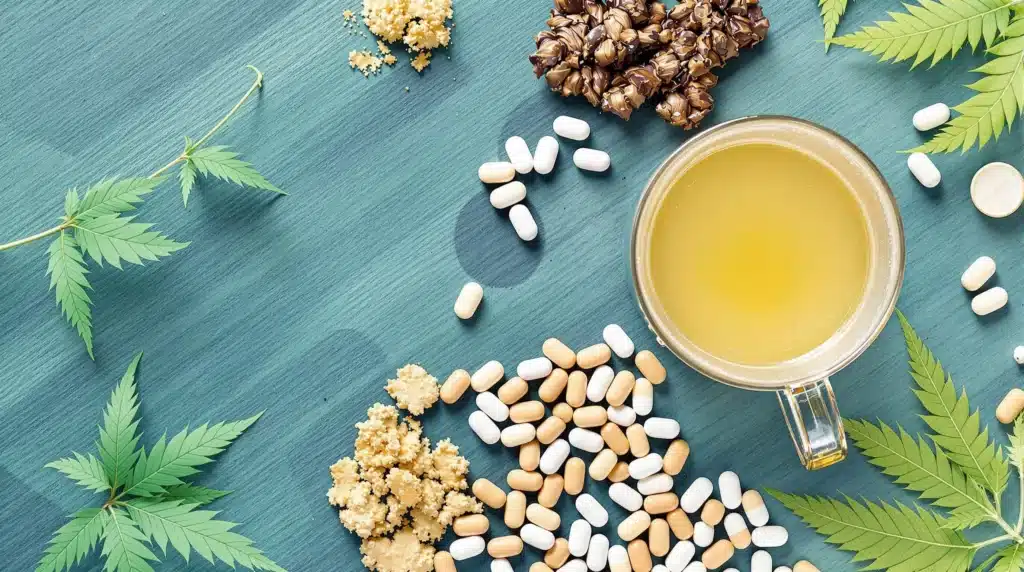
FAQs About CBD and Antibiotics
Can CBD cure bacterial infections?
No, CBD cannot cure bacterial infections. It may help manage symptoms but should not replace antibiotics prescribed by your doctor.
Is it safe to use CBD oil with over-the-counter antibiotics?
Always consult a doctor before combining CBD with any medication, including over-the-counter antibiotics.
How long should I wait to take CBD after finishing antibiotics?
It’s generally safe to resume CBD use after completing your antibiotic course, but consult your doctor for personalized advice.
Does the form of CBD matter when taking antibiotics?
Yes, the form of CBD (oil, capsule, gummy) can affect how it’s absorbed. Oils and tinctures may work faster, while edibles provide longer-lasting effects.
Are there specific antibiotics that don’t interact with CBD?
Some antibiotics, like penicillins, have minimal interaction with CBD, but it’s always best to consult your doctor.
By understanding the potential interactions between CBD and antibiotics, you can make informed choices about your health. Always consult a medical professional before making any changes to your medication or supplement routine.


